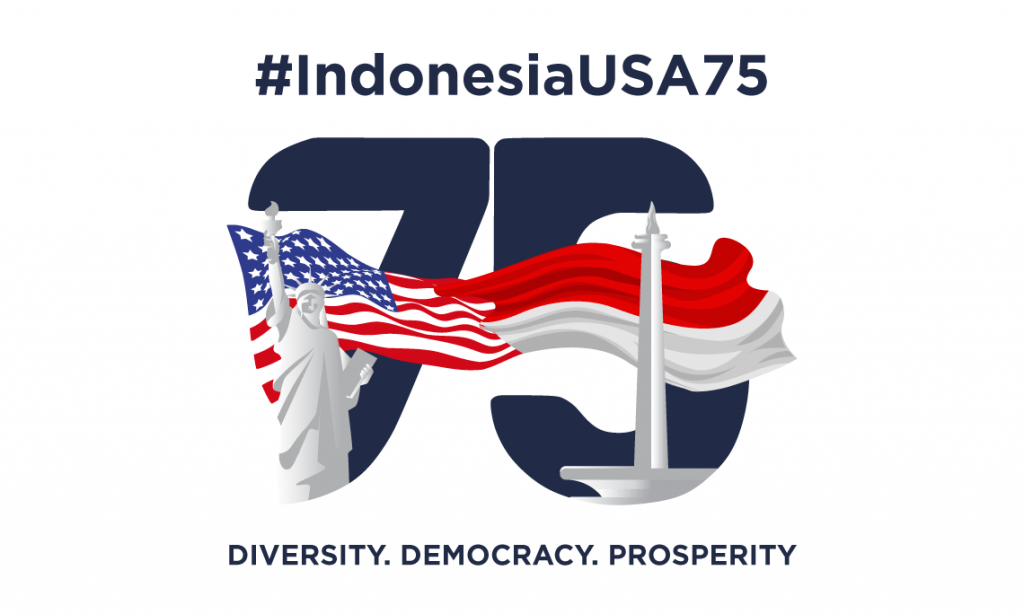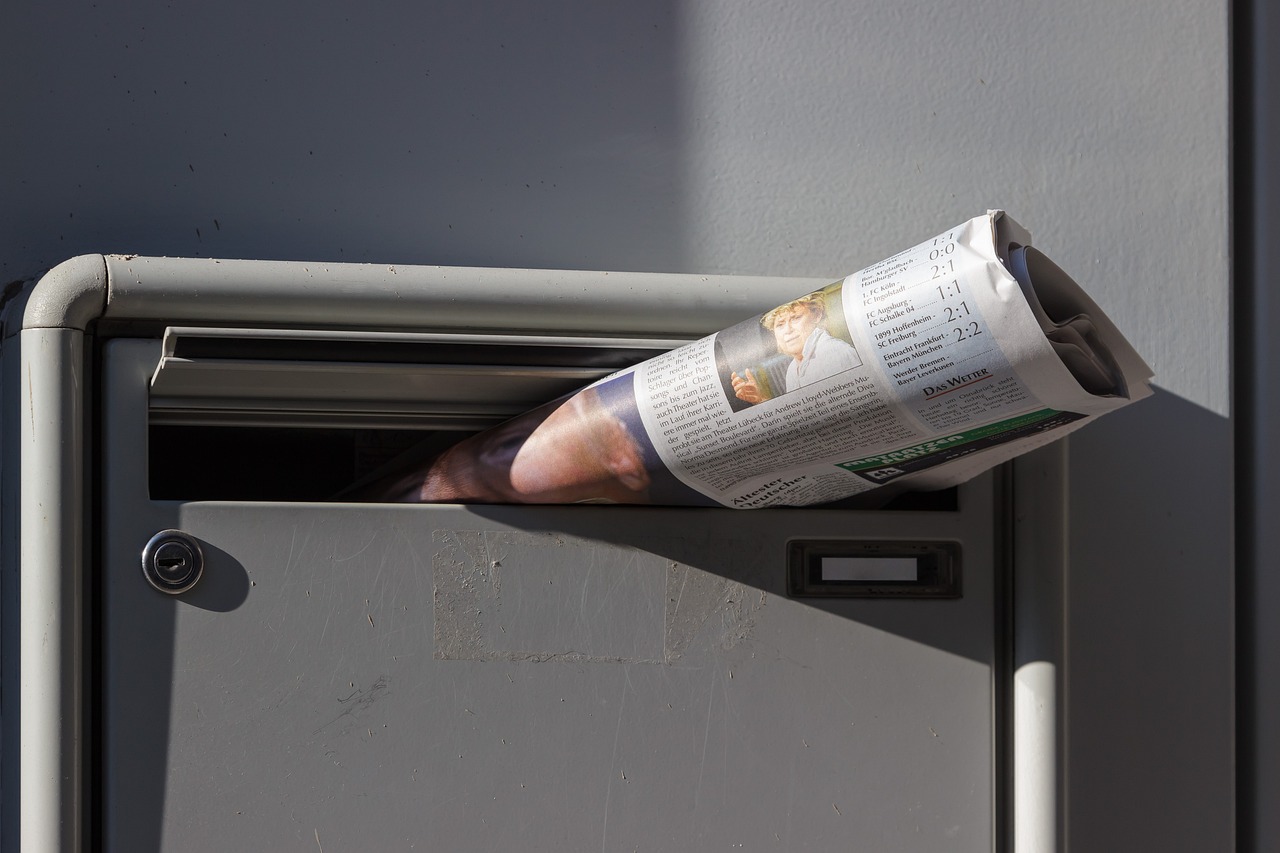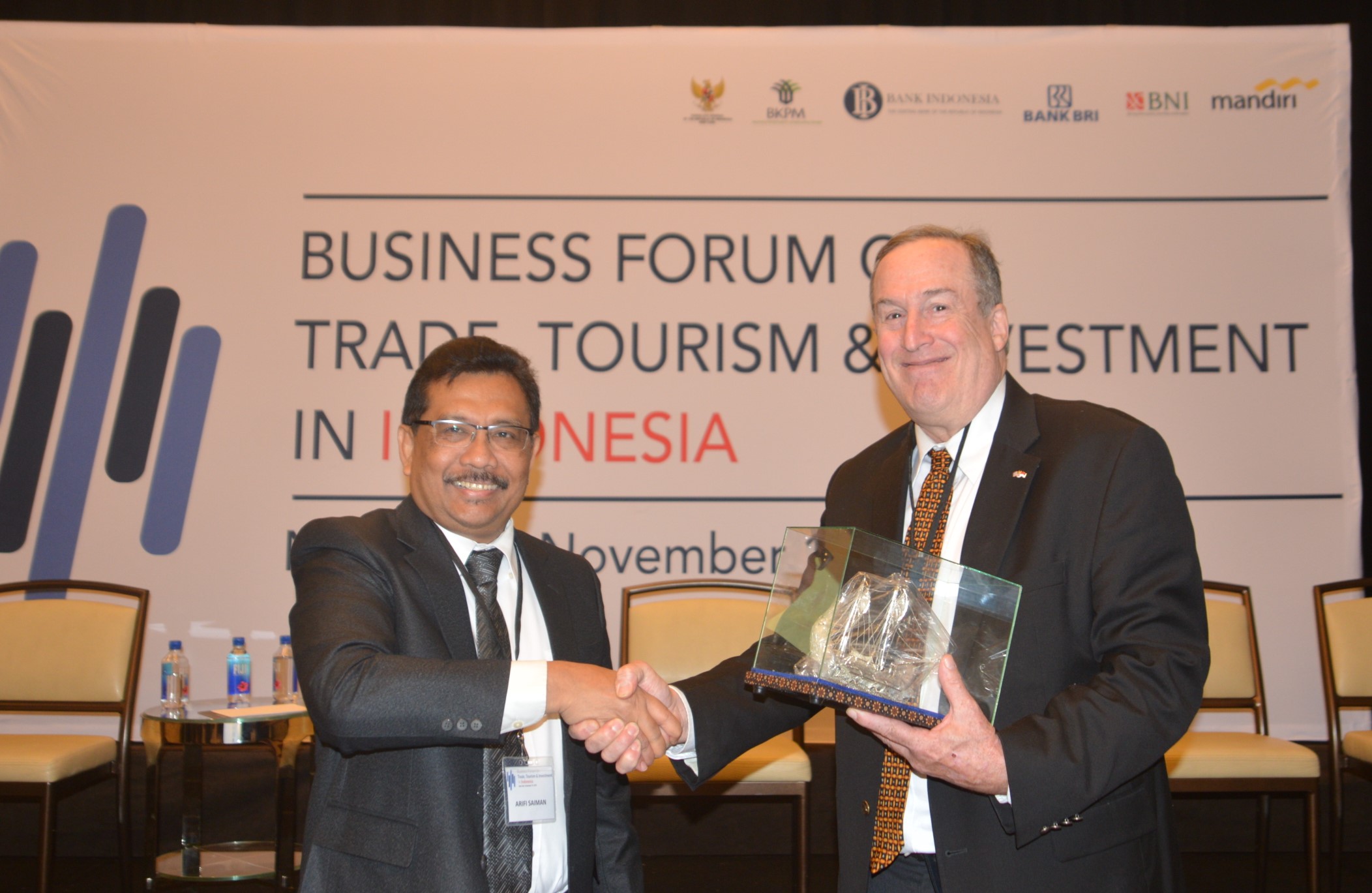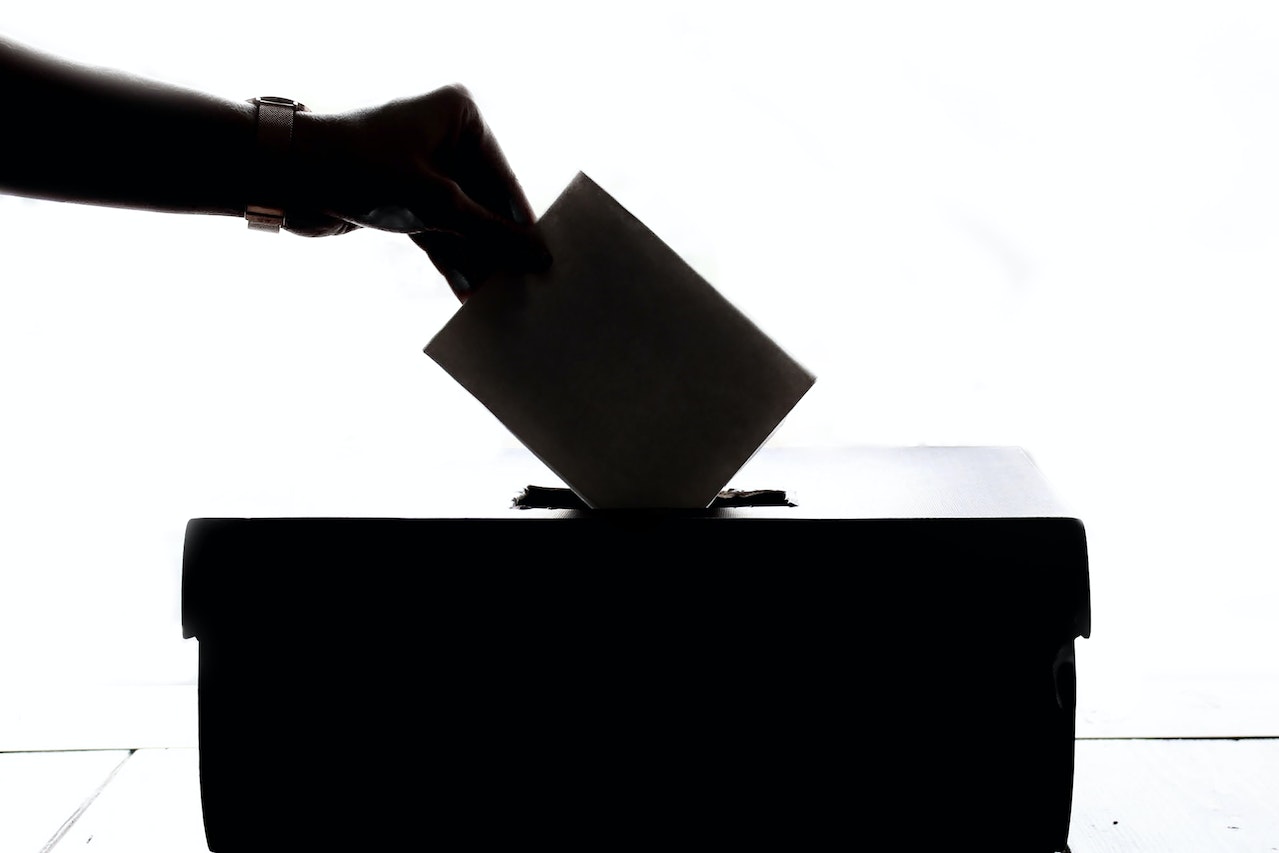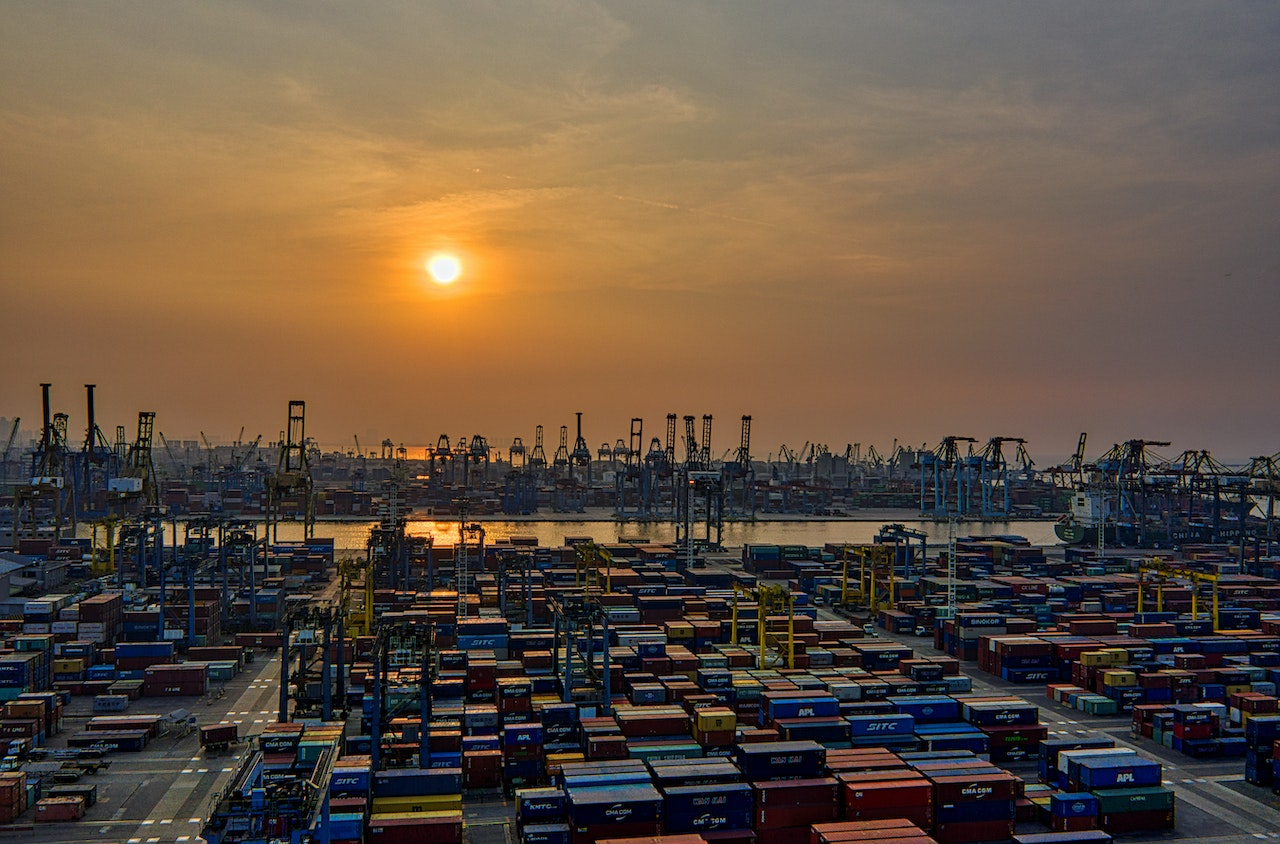American Indonesian Chamber of Commerce

- HOME
- ABOUT AICC
- The History of AICC
- Major Initiatives
- Trade, Tourism, and Investment Program (TTI)
- Opportunity Indonesia
- Introducing Indonesia: Scholastic Ambassador Program
- Preventing A Lost Generation
- Comprehensive Indonesian-English Dictionary
- Sustain Sumatra
- 10 Year’s After: A nationwide public awareness program
- Support to Mandiri Craft
- Congressional Staff Visit
- Business and Cultural Programs in Dallas, Texas
- US-Indonesia Women’s CEO Summit
- Topeng Sehat: AICC Initiative Against COVID-19
- 2021 Shipping NYC Surplus PPE To Indonesia
- Board of Directors
- Membership Benefits
- FAQ
- Membership Registration and Forms
- EVENTS
- LINKS
- TRADE LEADS
- LATEST NEWS/COMMENTARY
- DOING BUSINESSS
- COUNTRY DATA
- BLOG POSTS





AMERICAN INDONESIAN CHAMBER OF COMMERCE





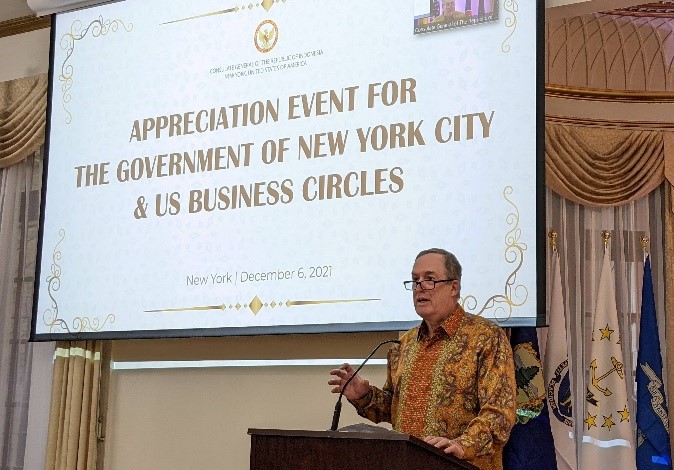

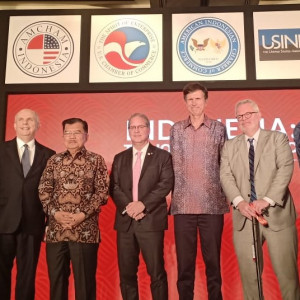
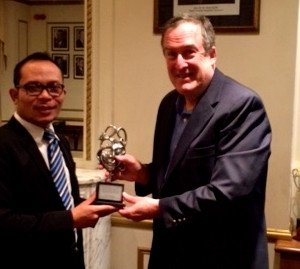
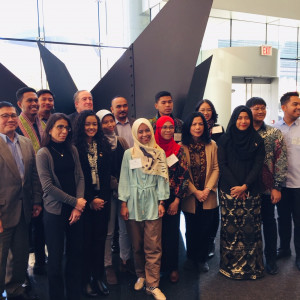
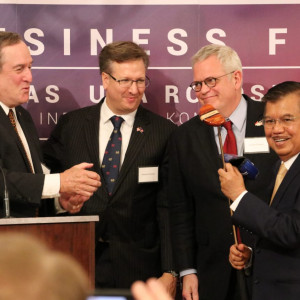
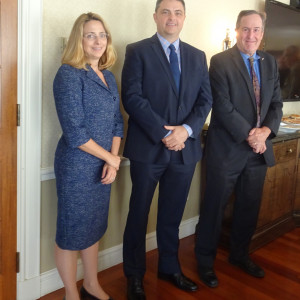
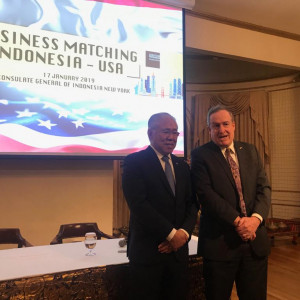
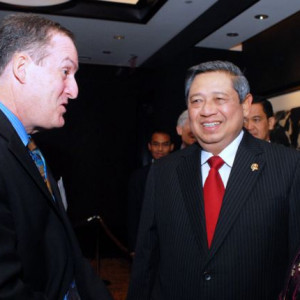
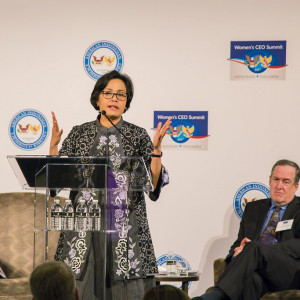
Previous
Next
Your Trusted Partner
Since 1949, AICC has been your trusted partner in pursuing quality bilateral business objectives. Whether you are a US firm, Indonesian company, or individual researching the Indonesian market, AICC and its network of members in both countries stand ready to help make your enterprise a success.
Discover the power of our superior services
Discover our superior services
We provide high-quality, reliable and efficient offerings that provide great value. Our services also vary widely depending on your industry & business.
Wayne Forrest
President
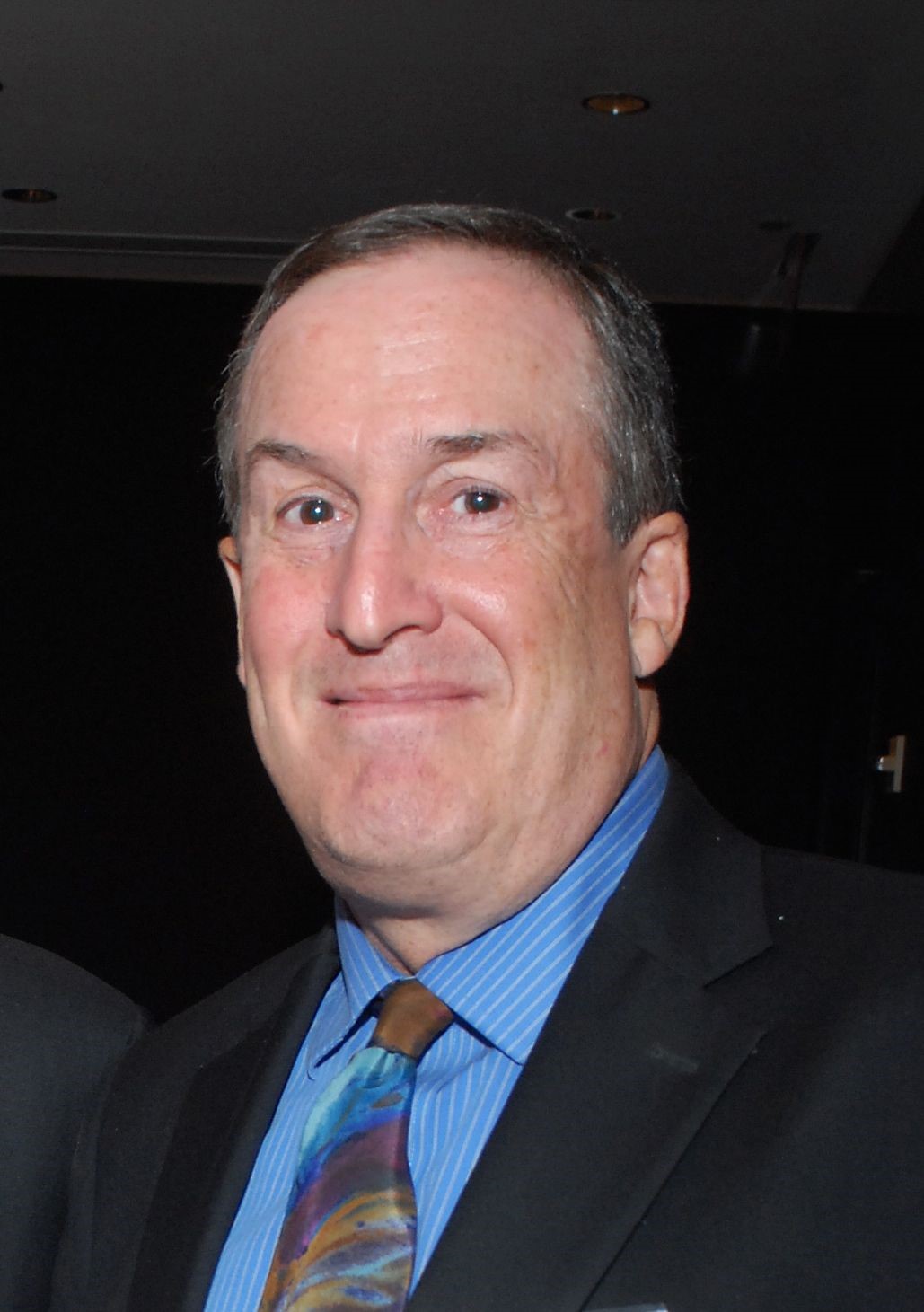
Chambers of Commerce provide valuable resources, discounts, and relationships that help businesses save money and market their products. Joining a chamber of commerce can boost sales and improve a local business’ visibility and credibility.
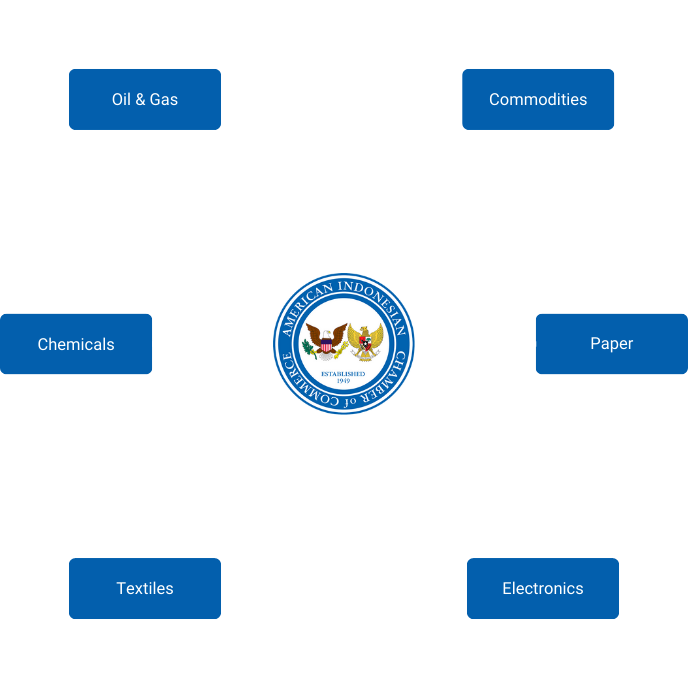
Supported by Companies that trust our services









Your partner in international growth
Helping you expand your business across Indonesia.
Indonesia has a stable political system and a reform-oriented government that supports economic development and innovation.
Indonesia has a rich and vibrant culture, with friendly and hospitable people who are open to new ideas and opportunities.
Indonesia has abundant natural resources and a strategic location in Southeast Asia, making it an attractive destination for trade and tourism.
Bridging cultures and strategies
Improves communication and collaboration by reducing barriers and conflicts.
